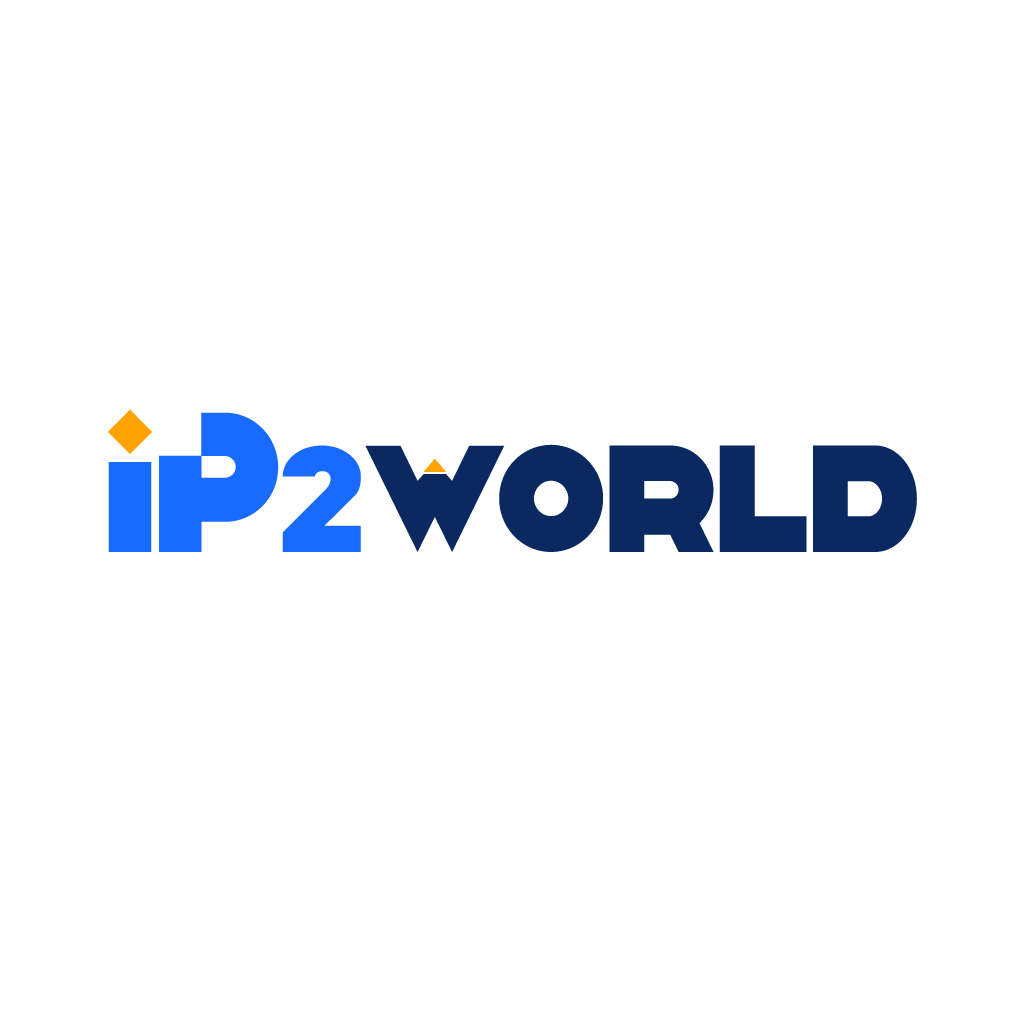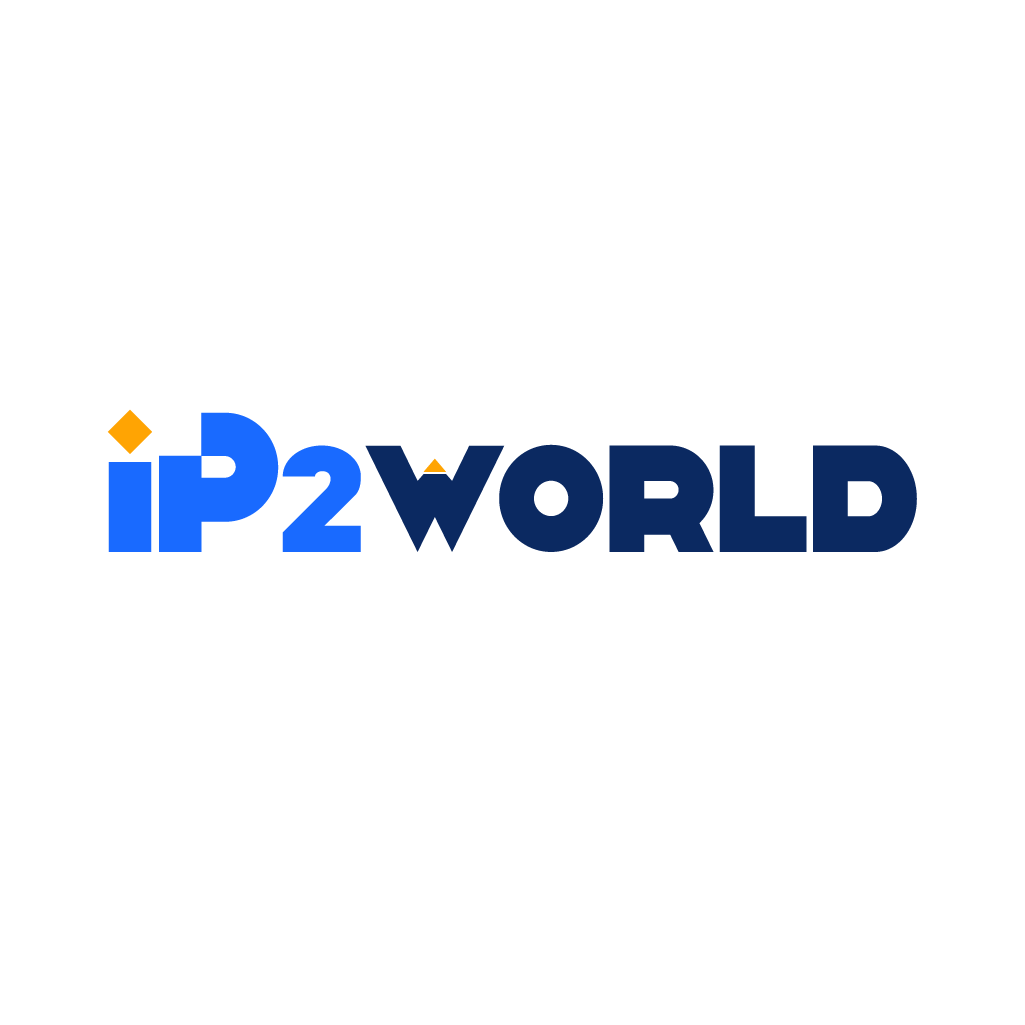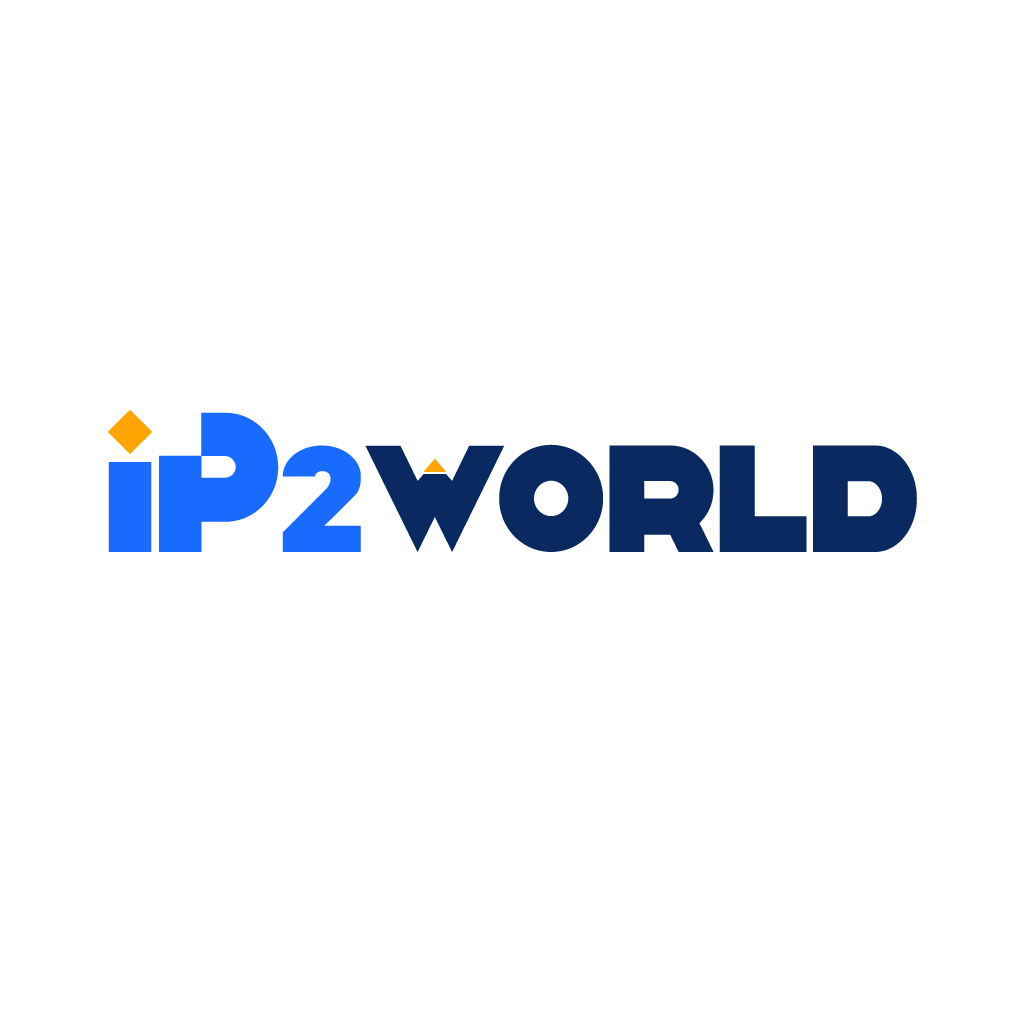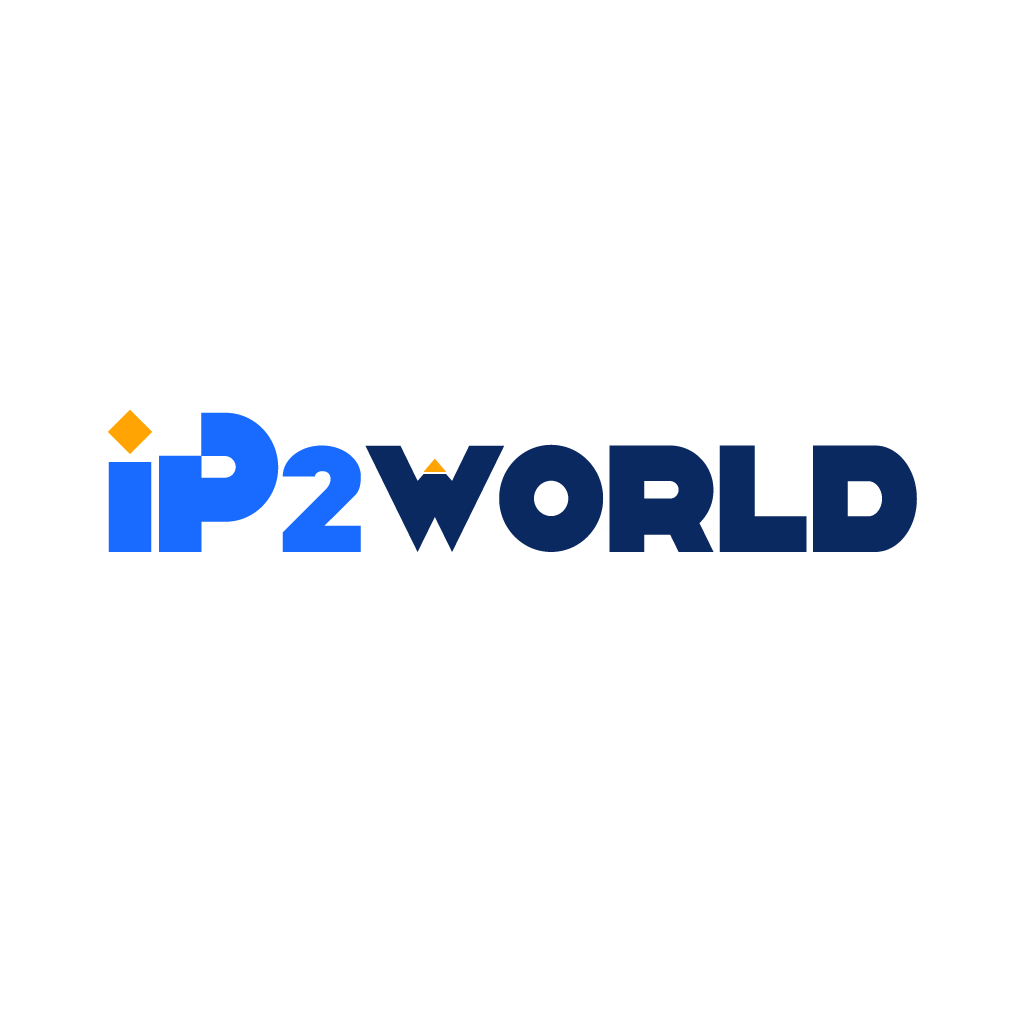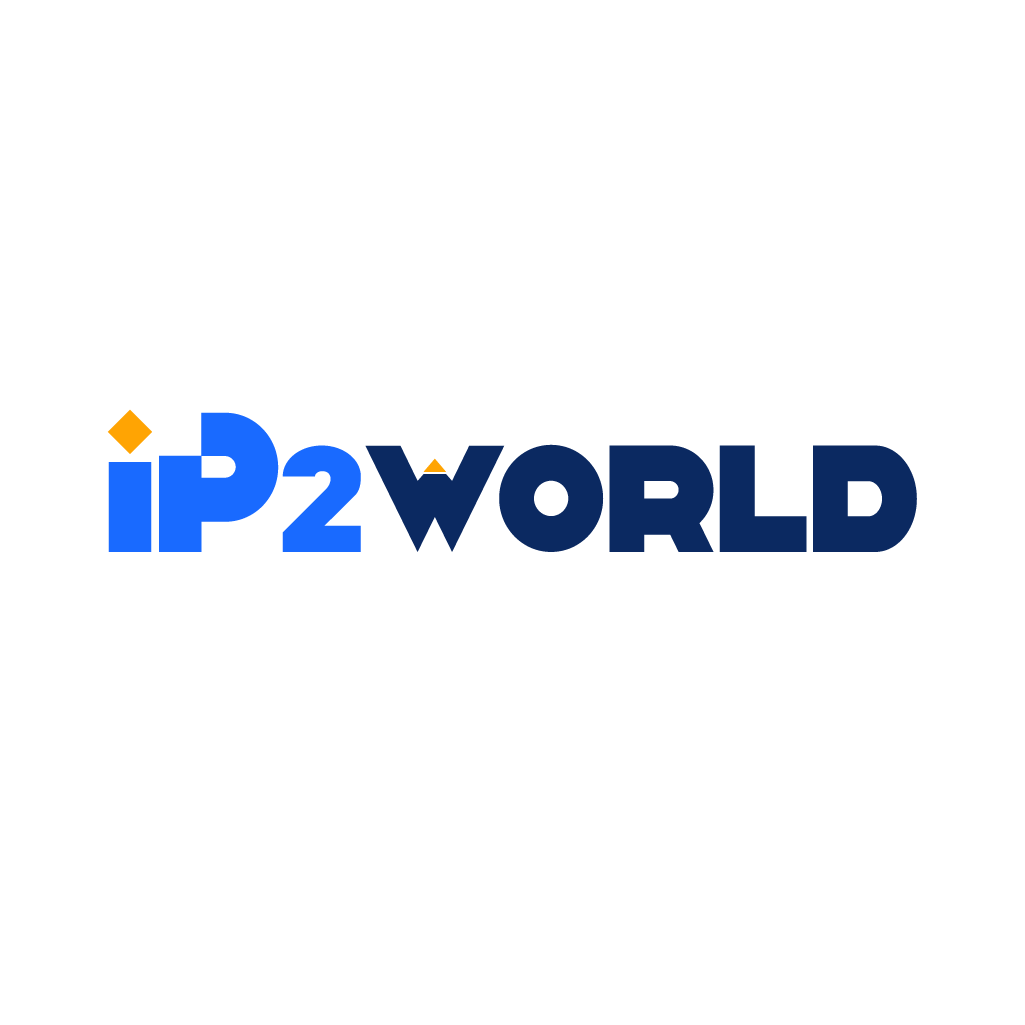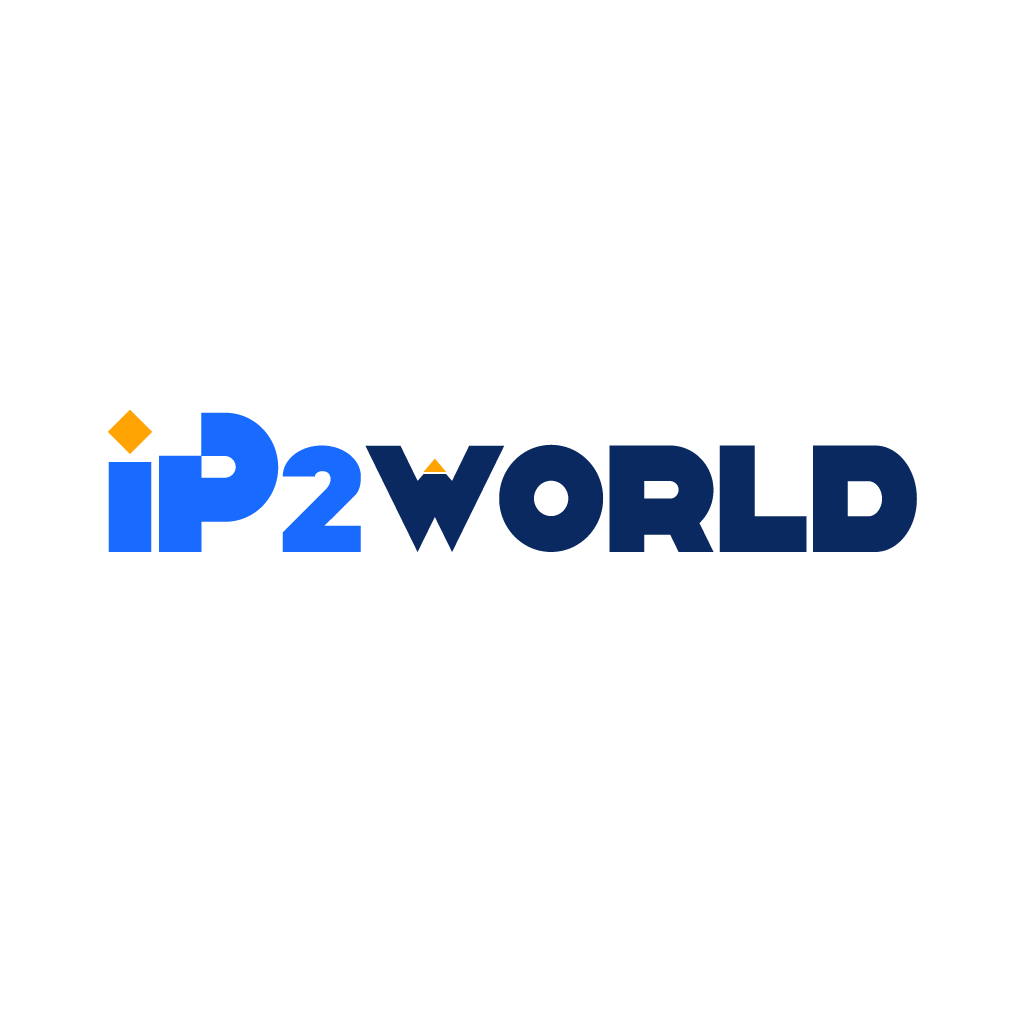Introduction In an era where digital information is omnipresent, the task of securing data has transformed into an essential duty for both individuals and businesses alike. The complex field of data security encompasses various elements, one of which is the critical use of proxy servers. These servers act as intermediaries, providing additional layers of protection and functionality in the online space. This comprehensive guide delves into the intricate relationship between data security and proxy servers, spotlighting their diverse applications, types, and the vital role they play in bolstering cybersecurity. How are Proxies Used in Cybersecurity? Proxies have become an integral part of cybersecurity, serving various essential functions that protect users and organizations from diverse threats: 1. Protection against Email Phishing: Email phishing is a prevalent form of cybercrime where attackers impersonate legitimate entities to steal sensitive information. Datacenter proxies can mitigate this risk by scanning emails for suspicious links or content. When an email contains potentially harmful elements, the proxy server will block it, preventing the recipient from opening malicious links. By doing so, businesses and individuals can significantly reduce the risk of falling victim to phishing attacks. 2. Brand/Identity Theft Protection: Brands and organizations are constantly at risk of identity theft and counterfeiting. Proxies enable businesses to monitor product listings on various e-commerce platforms and track unauthorized uses of their brand names or logos. Additionally, they allow access to geo-blocked websites, enabling global monitoring and protection against counterfeiting. With proxies, companies can maintain the integrity of their brands, ensuring that customers receive genuine products and services. 3. Prevention of Distributed Denial of Service (DDoS) Attacks: DDoS attacks aim to overload a website by flooding it with an excessive number of requests, causing it to crash. A network of proxy servers or a content delivery network (CDN) can mitigate this by distributing the incoming traffic across multiple servers, effectively balancing the load. Reverse proxies add another layer of safety by caching frequently accessed web pages, allowing them to be retrieved quickly without burdening the origin server. This approach not only prevents DDoS attacks but also improves the overall performance and user experience. 4. Prevention of Attacks and Data Breaches: Datacenter proxies can play a significant role in preventing unauthorized access to sensitive information. By continuously scanning and blocking known phishing sites and malicious IP addresses, these proxies help protect user credentials and other confidential data. In the business environment, using datacenter proxies can be a part of a robust cybersecurity strategy that helps detect and prevent potential breaches, safeguarding both company assets and customer information. 5. Malware Protection: Malware, such as viruses, ransomware, and spyware, can cause severe damage to computers and networks. Transparent proxies, which operate without users' knowledge, can enhance security by blocking access to known malware-laden sites. For example, if an employee tries to download a file from a suspicious website, the transparent proxy can automatically block the download, preventing potential infection. This helps in maintaining the integrity and safety of the systems and protects users from inadvertently compromising their devices. By leveraging these proxy-based approaches, organizations and individuals can build a robust cybersecurity framework that adapts to the evolving threat landscape. Proxies offer a versatile solution, contributing to a wide range of protective measures, from simple email scanning to complex DDoS attack mitigation. Understanding and effectively utilizing these tools can significantly enhance overall security and provide peace of mind in an increasingly interconnected world. Proxy Server Security Securing proxy servers is an essential part of maintaining data privacy and security. Below is a closer examination of how to bolster proxy security: Caching Proxy Security Caching Proxy servers control file access, speeding up data retrieval, and therefore must be fortified against unauthorized actions: - Secure Sockets Layer (SSL) connections: These connections encrypt the data exchanged between client browsers and destination servers, ensuring that sensitive information is transmitted securely. By configuring SSL connections, organizations can protect user credentials, payment details, and other confidential data from potential eavesdropping or man-in-the-middle attacks. - Basic Precautions: To further secure caching proxies, administrators should take steps such as isolating public access servers in separate networks, disabling unnecessary remote access utilities, and using packet filtering and firewalls to monitor and control network traffic. Properly controlling CGI scripts and enforcing strict access controls will further help in safeguarding sensitive information from unauthorized access or manipulation. Understanding Proxy Servers(IP2World Proxy Provider) in Information Security Proxy servers, acting as intermediaries fetching data on behalf of users, play a vital role in information security: - Types and Uses of Proxy Servers: Proxy servers come in various forms and serve multiple purposes. Some proxies facilitate anonymous browsing, preserving privacy by hiding the user's IP address. Others help in bypassing geo-blocking restrictions, allowing access to region-specific content. By obscuring real IP addresses and encrypting connections, proxy servers enhance personal and organizational data security. - Hardware and Software Proxies: Depending on the specific needs and budget, organizations may opt for hardware or software-based proxy solutions. Hardware proxies typically provide higher performance and are suitable for large-scale operations, while software proxies offer flexibility and can be tailored to specific requirements. Paid options often come with additional features and support, catering to businesses with specific security or performance needs. - Firewall Proxy Servers: These act as mediators between two end systems, handling complex requests and mimicking services on end hosts. By filtering and monitoring all incoming and outgoing traffic, firewall proxies provide an extra layer of security. They can detect and block malicious content, preventing potential attacks and unauthorized access to internal networks. - Web Proxy Servers: These servers enhance cybersecurity by accelerating browsing speeds, conserving bandwidth, and implementing robust security measures. For instance, a web proxy can cache popular web pages, enabling faster access and reducing server load. They can also filter content, blocking access to malicious or inappropriate sites. By compressing data and managing bandwidth, web proxies contribute to a more efficient and secure browsing experience. Proxy servers are versatile tools, playing a crucial role in enhancing data security and privacy across different domains and industries. Whether it's maintaining user anonymity, protecting brand identity, or safeguarding against cyber threats, the application of proxy servers is vast and varied. By understanding their functionality and choosing the right type and configuration, individuals and organizations can greatly benefit from the enhanced security and performance that proxies provide. Conclusion Proxy servers, with their multifaceted utility, stand as a fundamental element in the modern, interconnected digital world. They provide tailored solutions for organizations and individuals through various types such as datacenter proxies, reverse proxies, and transparent proxies, allowing for a more nuanced approach to cybersecurity. The essence of understanding proxies' functionality and appropriate applications is not merely to guard against cyber threats but to nurture an online environment that is both secure and efficient. As the landscape of cyber threats continues to advance and diversify, the significance of proxies within data security only magnifies. Key Takeaways: 1. DDoS Attack Prevention: By employing CDNs and reverse proxies, the threat of server overload can be minimized.2. Brand Image Protection: Proxies facilitate brand monitoring and enable the bypassing of geo-restrictions, helping in maintaining reputation and authenticity.3. Data Breach and Malware Protection: The use of specific proxies like data center and transparent proxies substantially mitigates the risks associated with data breaches and malware.4. Privacy and Security with Proxy Servers: A variety of proxy types contribute to robust content filtering and personal data protection.5. Efficiency and Bandwidth Management: Proxies play a crucial role in balancing web traffic and conserving bandwidth.6. Increased Privacy and Anonymity: The ability to mask IP addresses with proxies adds additional layers of security and privacy.7. Potential Risks: The selection of a trustworthy proxy server provider is essential to avoid issues such as lack of encryption or inconsistent performance.8. Use in Various Industries: Beyond the corporate world, the application of proxies can be seen in various sectors, such as hospitality, where they enhance privacy and control internet usage.
2023-08-23
